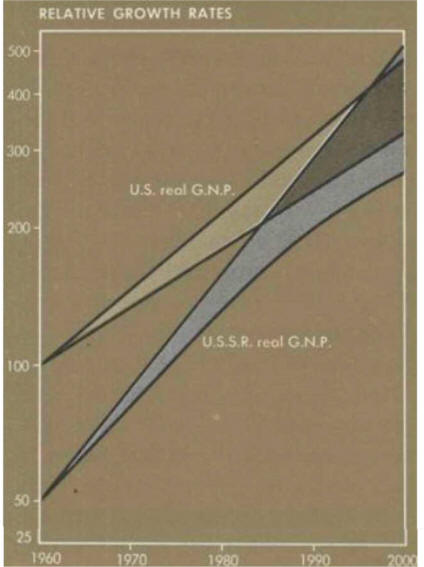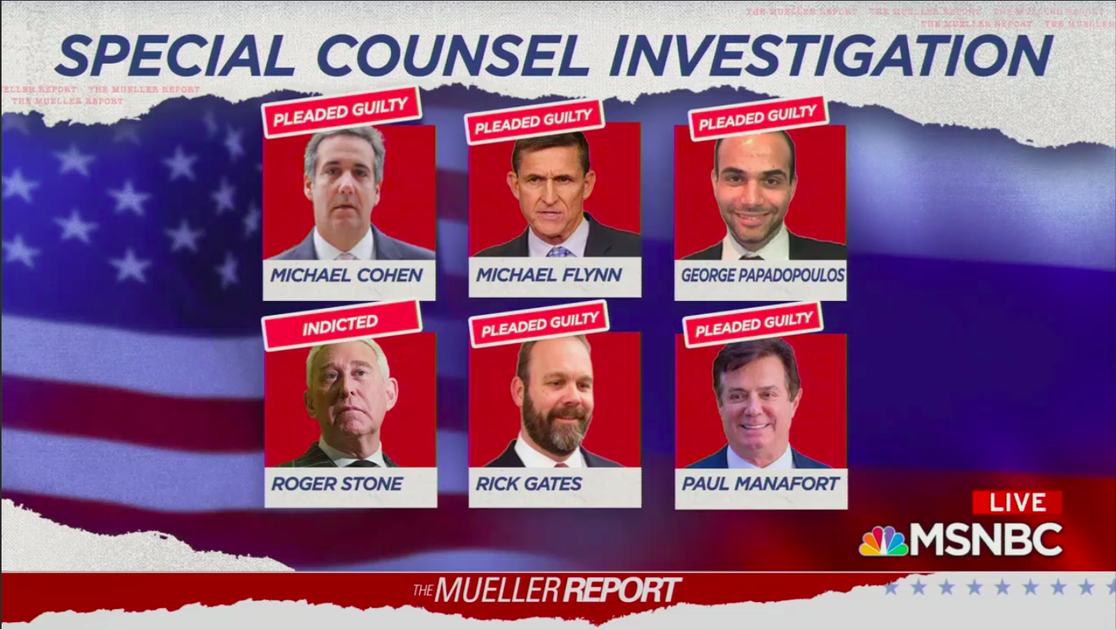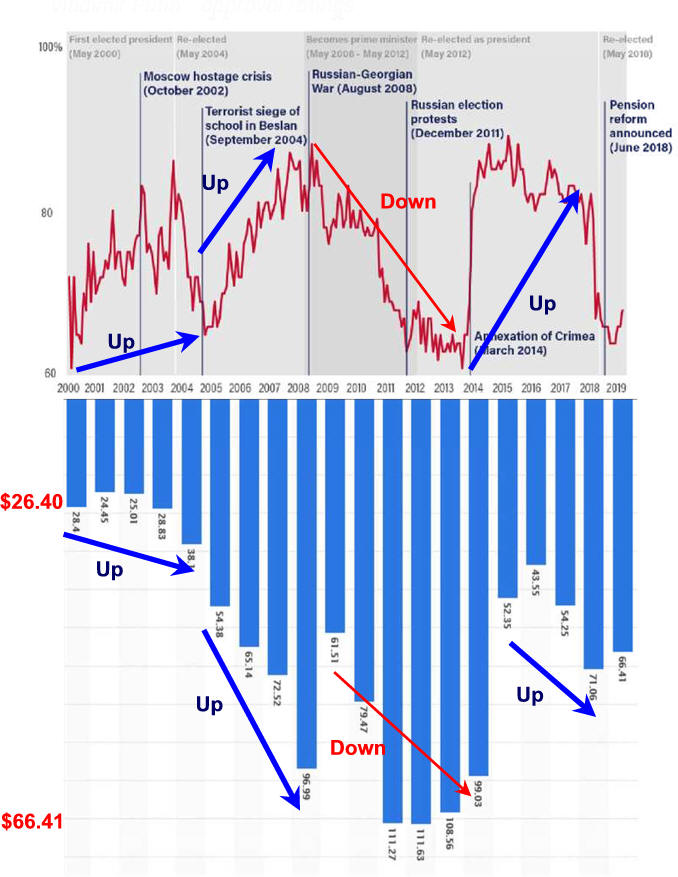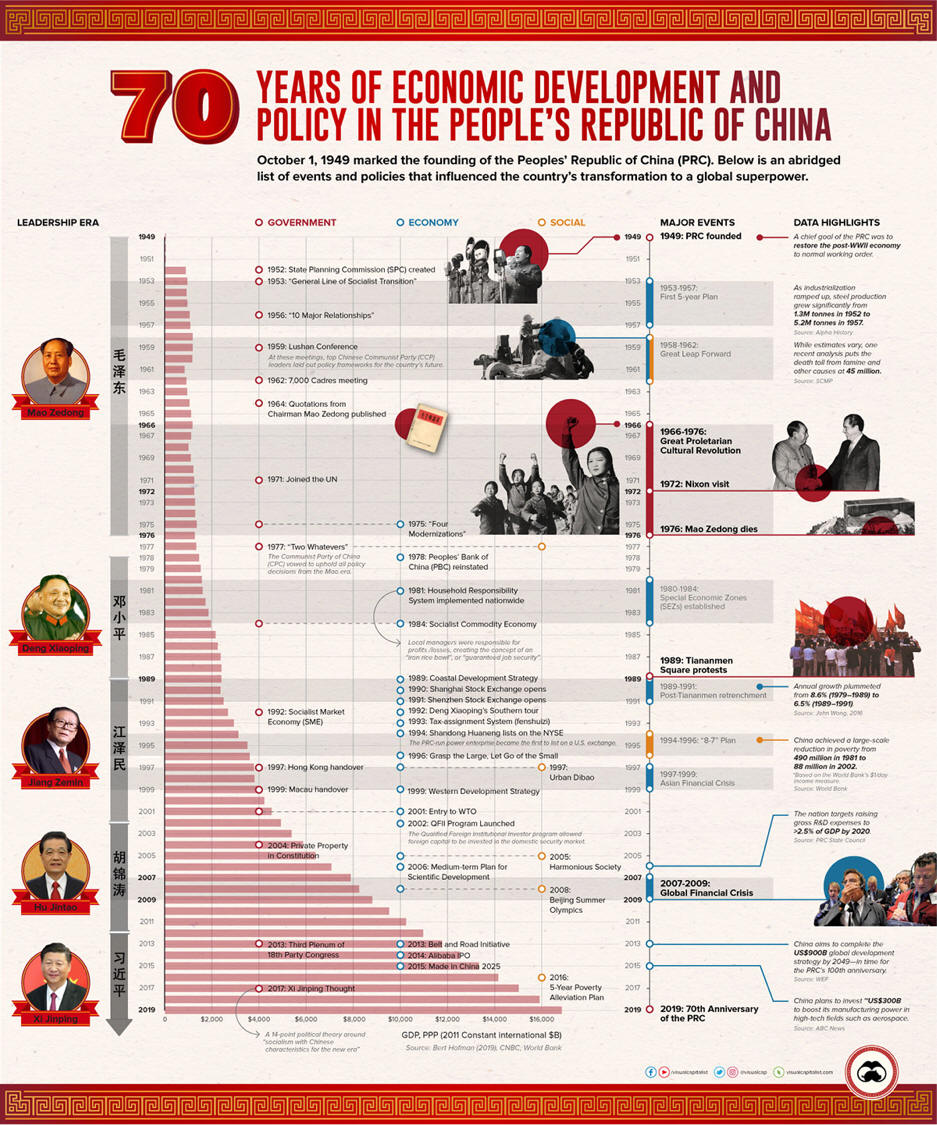|
Avoiding the Thucydides Trap
“It was the rise of
Athens and the fear that this
instilled in Sparta
that made war
inevitable.”
Thucydides,
History of the
Peloponnesian War
Of 16
Challenges to a World Hegemony Over
Last
500
Years-16 Challenges-12 Major Wars
Destined for War: Can America and China Escape
Thucydides Trap?
3 min video
1.
US
Rivalry With China Just Got Serious

| |
|
Has the
Thucydides Trap already sprung?
There
is a newly formed
Committee on the Present Danger: China
Former
U.S. House Speaker Newt Gingrich has advocated
reviving the
House Un-American Activities Committee, originally set up to fight the
Nazis.
The
U.S. and China must agree to keep open two-way
flows of scholars.
Source

Source
|
|
|
2. Harvard's Thucydides 16 Case Files
30 second video
Larger
Graphic

Is war between China and the US inevitable? | Graham Allisonvideo
1960 Economic and
Political Analysis

This analysis was in many
economic textbooks and the CIA, President
Ike and candidates RN and JK kept it from Americans.
marginalrevolution
"Russiagate is this generation's WMD"

Rolling Stone's
Matt Taibbi posts an
emergency chapter
of "Hate Inc.: How, And Why, The Press Makes Us Hate One Another,"
which he calls a "serial book, delivered by email
3. You Should Know
A “Cyber-attack” on China
–
Despite encouraging signs in the US-China trade war,
we’re watching for a possible US escalation against suspected Chinese
hacking after
revelations of a massive Beijing-sponsored infiltration of the US hotel chain Marriott.
In coming days, the US may claim
China has violated the cyber-espionage agreement
Chinese President Xi
Jinping made with ... Obama.
An indictment of Chinese security service workers as the hackers would be
a significant escalation in the broader US-China standoff over
cyber-security.
GZERO
Over the past yew
ears under Presidents Xi Jinping and Vladimir Putin,
have drawn closer and closer.
Forming a unified block that dominates Eurasian
could be the most important geopolitical trend early in the 21st century.
Disunity resulting from Brexit,
Italian discontent,
increasing authoritarianism in Poland and Hungary
makes a cohesive US partnership more difficult. thoughts
Bloomberg's J. Stavridis
A Possible Bigger Problem
Loss of Exorbitant Dollar Privilege
U.S. Russia, China,
Rivals,
Adversaries, Enemies
Index
1. The Russian View
2.
China Today and Tomorrow
3. GZERO
Worldwide Threat Assessment
|
















